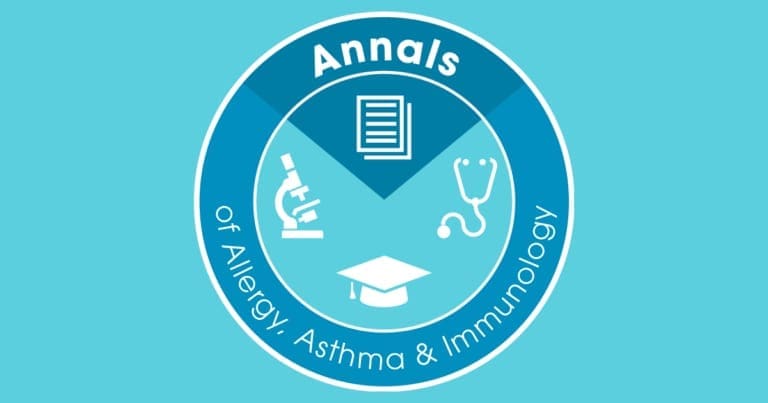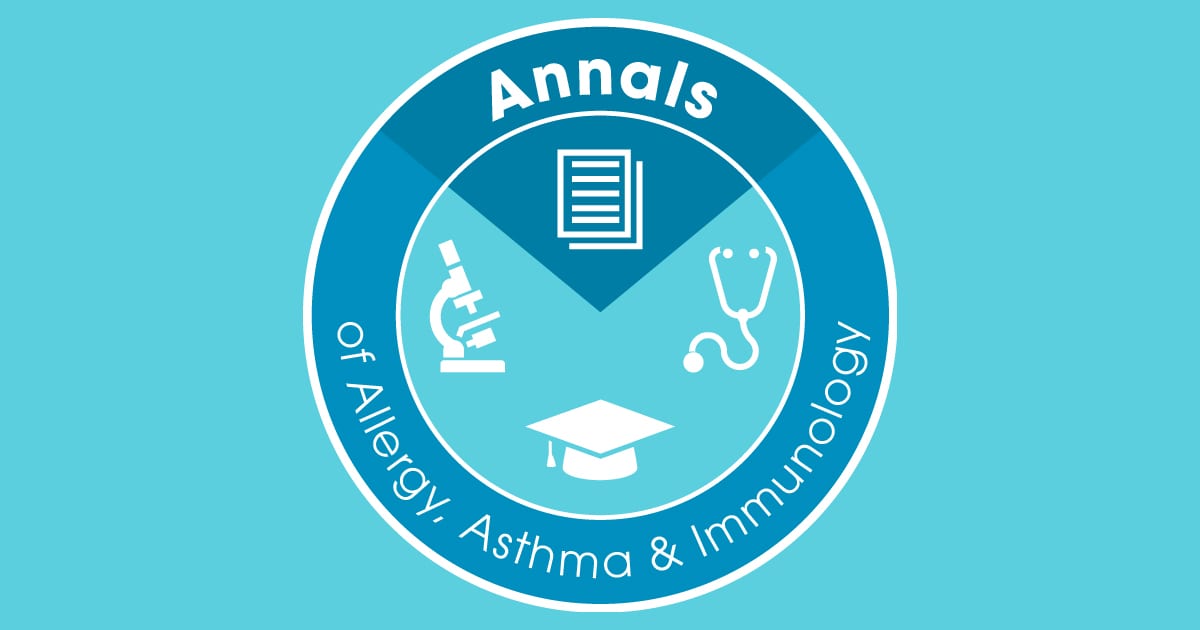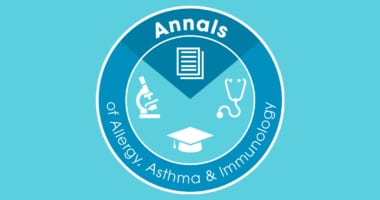As the weather continues to warm, we are seeing pollen seasons flourish in most parts of the country. The COVID-19 pandemic is still with us and likely will be in some form for years to come. As allergists/immunologists, our role will not diminish even as this pandemic slows down and (hopefully) becomes more indolent. It is critical that we remain diligent so we can be sources of accurate information for our patients and the public at large and be prepared to render care for many of the immune/inflammatory-based consequences of the acute illness. Accordingly, I recommend articles from the April issue devoted to epidemics and pandemics.
Relevant for our current pandemic, Monica Fung, MD, MPH, and colleagues from San Francisco provide a detailed review on how viruses can jump from other animals to humans, providing a glimpse into zoonotic infections with a focus on coronavirus epidemics, such as SARS, MERS, and our current COVID-19 pandemic. This well-written review highlights what is known (and unknown) about SARS-CoV-2 and its impact on patients with asthma, atopy, and immunodeficiencies, as well as advancements in therapeutic options for patients with SARS-CoV-2. Along with the excellent bibliography that will provide sources for additional reading, this compact article will provide a solid scientific basis for some of the clinical challenges we are seeing in COVID-19 patients.
While much of this month’s content focuses on the viruses that drive pandemics, it is equally important how society responds to the pandemic’s challenges. Providing an overview of preparedness for a pandemic and the public health response, Melike Yildirim, MS, and colleagues discuss the importance of prevention and intervention strategies, including pharmaceutical and nonpharmaceutical approaches to mitigate the spread of the virus and the impact of the pandemic. As the authors point out, these strategies are critical in helping avoid long-term health consequences that epidemics and pandemics can create for all of us.
Finally, there are multiple features on other aspects of our specialty for your reading interest. I commend to you our original articles and letters which provide well written, thoughtful contributions to our literature with a variety of clinical emphases. These can be read individually in relatively short periods of time at lunch, in the evening or other occasions when you are ready to learn something new.
Gailen D. Marshall, Jr., MD, PhD, FACAAI
Editor-in-chief



